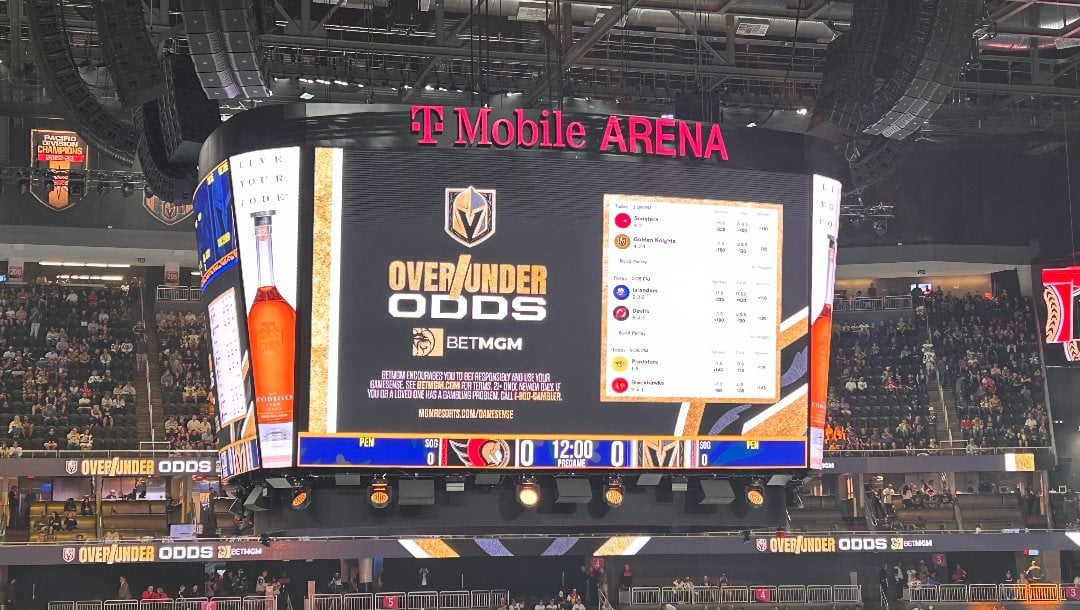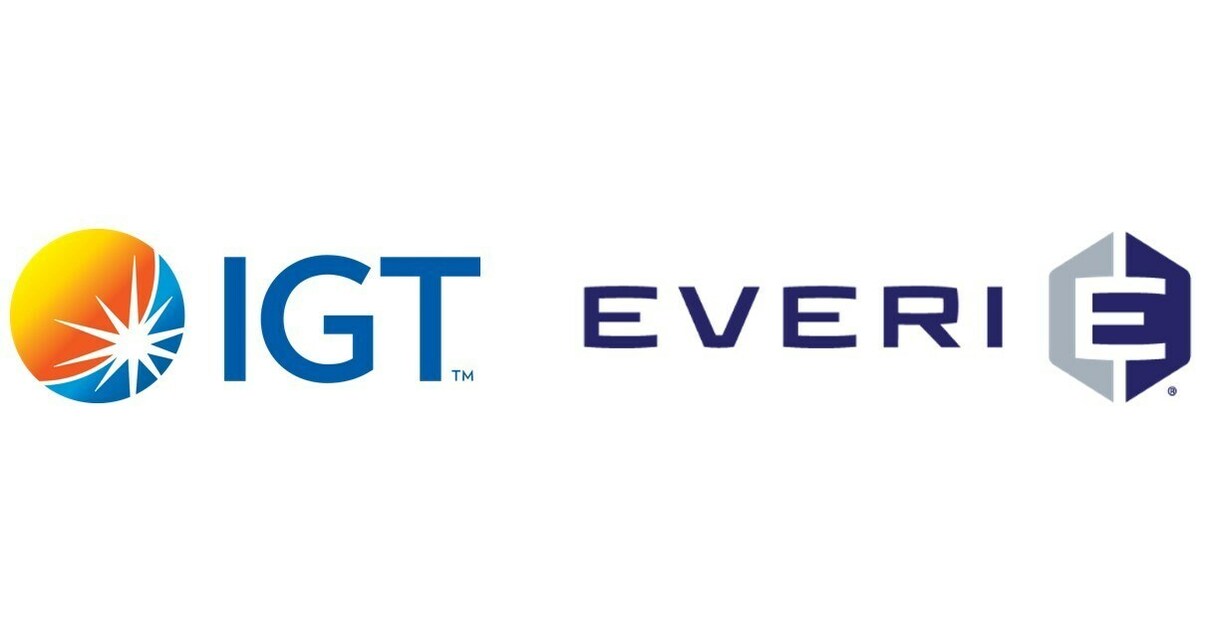
Massachusetts Gaming Commission Launches Official Seal of Approval
The Massachusetts Gaming Commission (MGC) has recently developed and adopted an official seal of approval, which all licensed sports betting operators in the state are now required to display on their digital platforms. The introduction of this seal represents a significant step in the MGC’s ongoing efforts to promote responsible and regulated gaming within the Commonwealth.
The seal is intended to serve as a clear signal to consumers that they are accessing a sports betting platform licensed and regulated by the MGC. By prominently featuring this seal, customers can easily distinguish between legal, licensed operators and unsafe, illegal alternatives.
“The MGC has spent considerable efforts ensuring that the operators licensed in the Commonwealth share our values and are committed to consumer protections and responsible gaming. Massachusetts residents who choose to gamble on sports deserve to know their data, personal and financial information are protected, and only the legal marketplace offers those protections. By locating this seal, users will be able to easily identify a legal sportsbook from an illegal operator,” said Commissioner Eileen O’Brien.
Offshore and unlicensed sports betting sites have been accessible to patrons across the US for years. However, with the legalization of sports wagering in Massachusetts, these offshore operators may attempt to present themselves as legitimate. Yet, they are not licensed by any state jurisdiction and do not comply with the same regulations and consumer protection standards as the legal market.
The risks of using these illegal platforms extend beyond potential data breaches or financial losses. Unlicensed operators may refuse to honor winning bets, leaving consumers with little to no recourse. Illegal gambling activities are also often tied to other serious crimes. The Massachusetts Attorney General’s Office has issued cease-and-desist orders to several major illicit operators. It will continue to monitor and take action against such unlawful activities in coordination with the MGC. The Commission would urge anyone looking for more information on illegal platforms to visit the website of the American Gaming Association.
This newly adopted seal serves as a visual reminder of the regulations in Massachusetts’s legal sports betting market. It enhances consumer protection and builds trust with members of the public who choose to engage in sports betting. By identifying the official MGC seal, customers can have peace of mind knowing they are accessing a fully licensed platform compliant with the Commonwealth’s laws and regulations.










